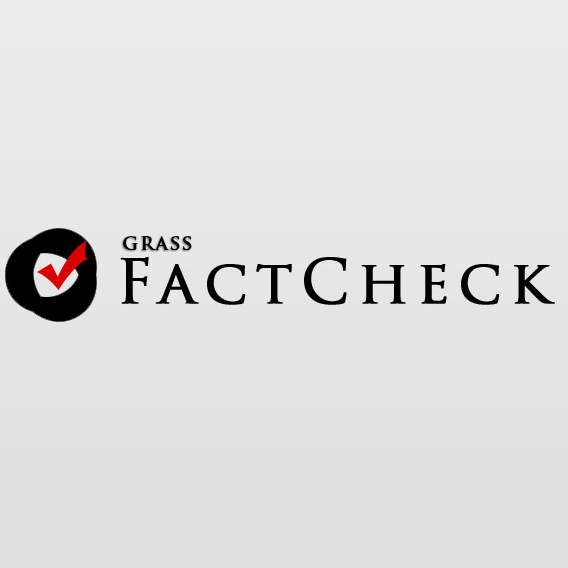A piece of disinformation was disseminated in social networks saying that the “UN recognised that the Ukrainian language comes from the Russian language.” The Georgian-language publication shows a photograph in Russian-language sources where the Ukrainian language is added to the tree of languages as a ramification of the Russian language: “The infographic was published on 5 January on a Russian-language Facebook page. Links between the world languages are depicted as a tree whilst the Ukrainian language is included as a side branch of the Russian language.”

This publication speaks about a 5 January 2018 publication made on the UN’s official Russian-language page which indicates that UNESCO (the United Nations Educational, Scientific and Cultural Organization) published an updated version of the atlas of endangered languages which contains languages across the world which face extinction as well as the current situation and challenges. This publication does not at all say anything about the origin of the Ukrainian language nor is the Russian-language tree infographic attached to it.

The graphic visualisation of the tree of languages which we see in the aforementioned Facebook publication was not in fact published on 5 January 2018 on the UN’s official page but on 21 June 2017 on the Facebook page of the UN’s Russian-language information service.

The text in the publication is identical to the text published on the UN’s official page, although the photograph in the publication also includes the “tree of languages” where the Ukrainian language is depicted as a ramification of the Russian language. It is based on this photograph that people are promoting disinformation that the UN recognised the Ukrainian language as taking its origins from the Russian language.
The Russian-language infographic of the “tree of languages” is accessible only in Russian sources and it also features in the supplementary literature of textbooks authored by Ekaterina Dergilazova (teacher of the Russian language and literature in Cheliabinsk oblast).
In regard to UNESCO’s atlas, the 2010 version is accessible on the UN’s agency’s website, although the updated version has not yet been uploaded and the information window says that work on new atlas is in progress and will be published soon.

As for the atlas published in 2010, the Ukrainian language is mentioned only once and it is also indicated that: “Only two of the East Slavonic languages, Russian and Ukrainian, are classified as non-endangered here, meaning that Belarusian, whilst an official language of an independent country, is regarded as vulnerable, based on the widespread use of Russian in its stead.” Therefore, the atlas is very clear that the Ukrainian language as well as the Russian and the Belarusian languages are East Slavonic and UNESCO’s document does not say anything about these languages being derived from each other.
The publication in social networks that the UN recognised the Ukrainian language as coming from the Russian language is not true. This type of information is promoted only in Russian sources with official UN and UNESCO documents not containing any such facts. The 5 January statement, published by the UN’s official Russian-language Facebook page and indicated by the Georgian-language publication, does not contain any such conclusion and does not have the “tree of languages” included which is mentioned in the disinformation piece. It was the UN’s unofficial Russian-language information page which posted a publication containing such an infographic and sought to feed information to the audience in such a manner that the infographic was taken from UNESCO’s atlas of endangered languages, something which is also not true.
----------------------------------------------------
This article was produced as part of Facebook’s Fact-checking Programme. Given the rating, Facebook may impose different restrictions – click here for full information. For information on issuing a correction or to dispute a rating, please see here.







